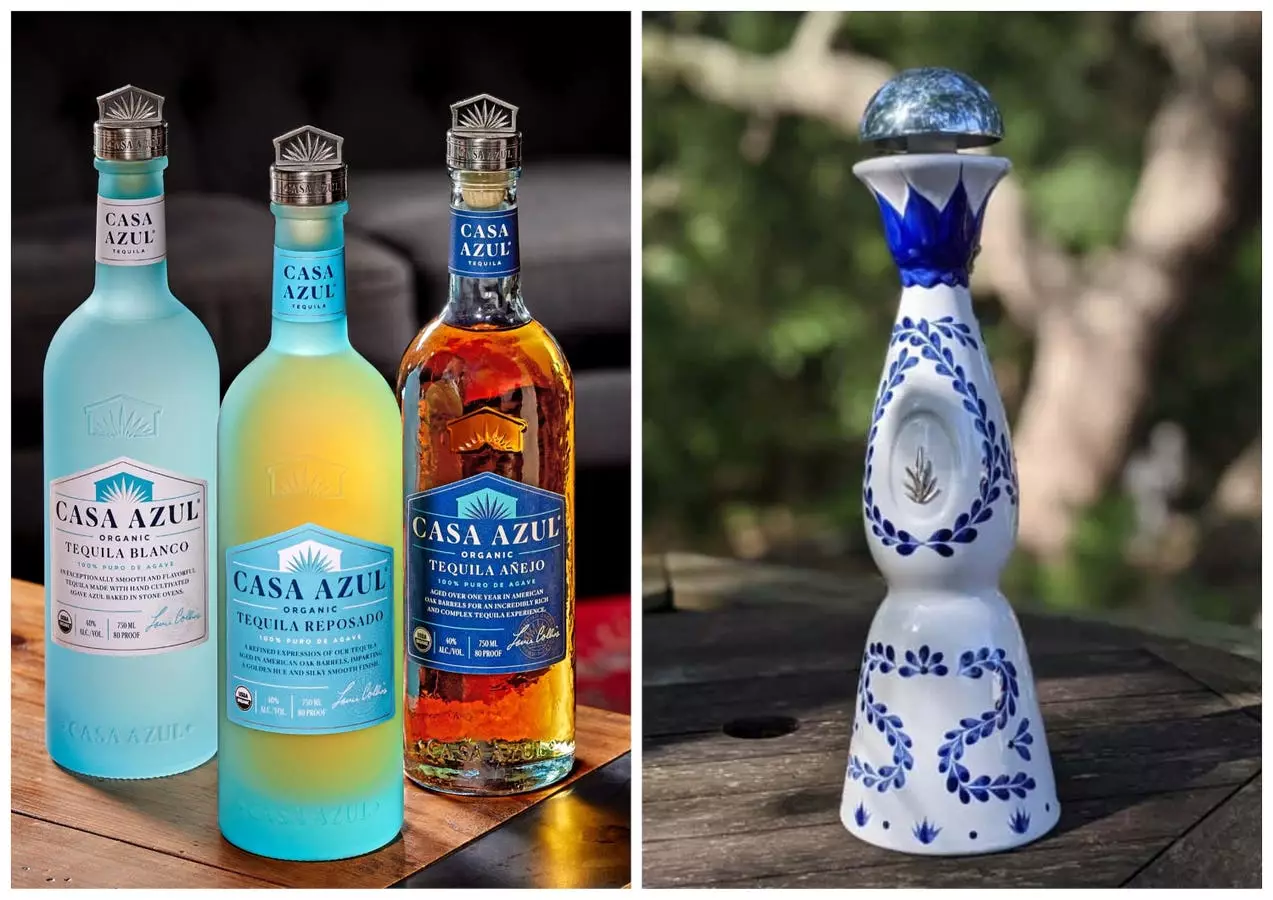The recent legal battle between Casa Azul and Clase Azul, two companies producing ultra-premium tequila products, has sparked controversy in the beverage industry. U.S. District Judge Lee Rosenthal has denied the trademark infringement accusation against Casa Azul, allowing both companies to continue marketing their tequila products. The court ruling emphasized the clear distinction between the trade dresses, names, and branding of the two companies, ultimately leading to Casa Azul’s favor.
Casa Azul, founded by beverage entrepreneur Lance Collins, has a rich history in the tequila industry. The brand’s portfolio includes certified organic tequila and tequila soda products, handcrafted in small batches to create rich flavors. Collins, known for his success in selling beverage brands like BodyArmor and Core Hydration for billions of dollars, has deep roots in the liquor industry. The Casa Azul brand, meaning “blue house” in Spanish, pays homage to the source of its tequila, blue weber agave, grown on a single estate. The brand’s commitment to upholding integrity with USDA Certified Organic tequila has been a cornerstone of its success.
Following the court’s decision in Casa Azul’s favor, Lance Collins expressed gratitude for the judge’s clear judgment. Collins emphasized the distinctiveness of Casa Azul’s brand name, world-class products, and commitment to high-quality tequila production. The brand’s focus on delivering excellence to customers has been unwavering, as seen through its partnerships with celebrities and athletes like Eiza González, Travis Kelce, and Michelle Wie.
David Bernstein, counsel to Casa Azul, highlighted the decisive legal victory and the differences between Casa Azul and Clase Azul. He pointed out the various distinctions between the two brands, including their names’ meanings, trade dress, product ingredients, marketing strategies, and price points. Bernstein argued that confusion between the two brands is unlikely due to these differences. Despite Clase Azul’s claims of errors and mix-ups, the court found that its product’s recognition mainly stemmed from its distinctive bottles rather than its name.
The legal battle between Casa Azul and Clase Azul sheds light on the importance of brand distinction and integrity in the competitive beverage industry. The court’s ruling reaffirms the significance of unique trade dresses, names, and branding in preventing trademark infringement disputes. Moving forward, beverage companies must prioritize clear differentiation in their products to avoid legal challenges and protect their brand identities. The Casa Azul case serves as a valuable example of the complexities and implications of trademark disputes in the ever-evolving market.


Leave a Reply